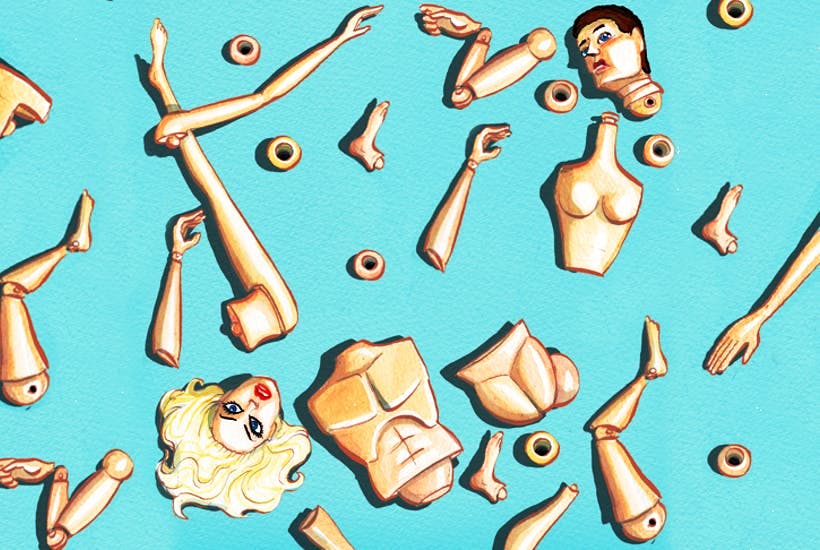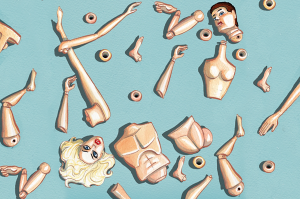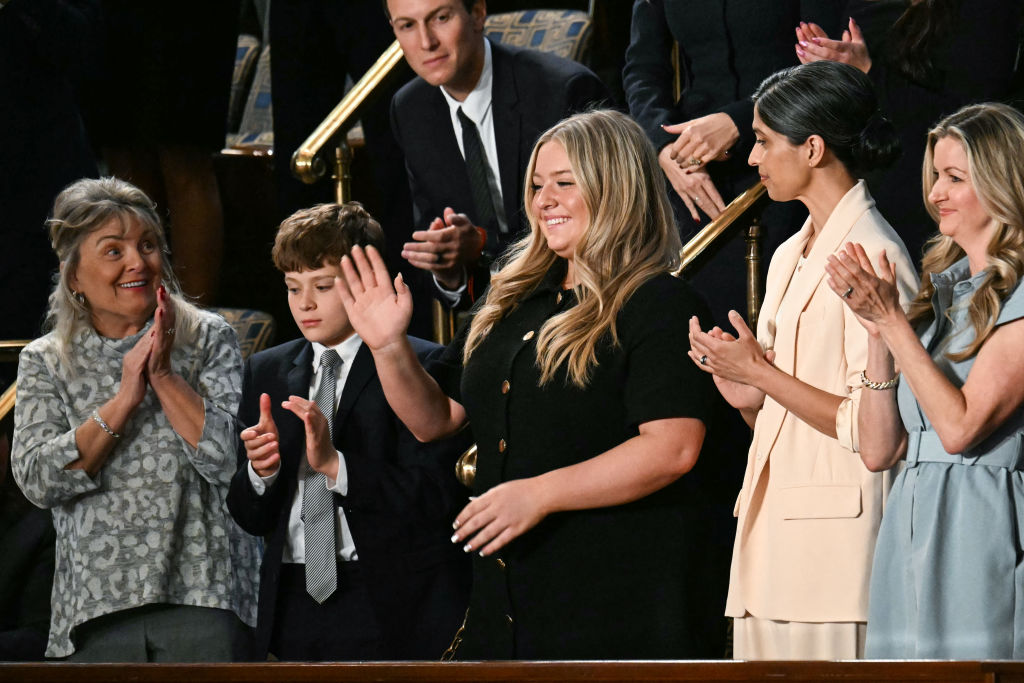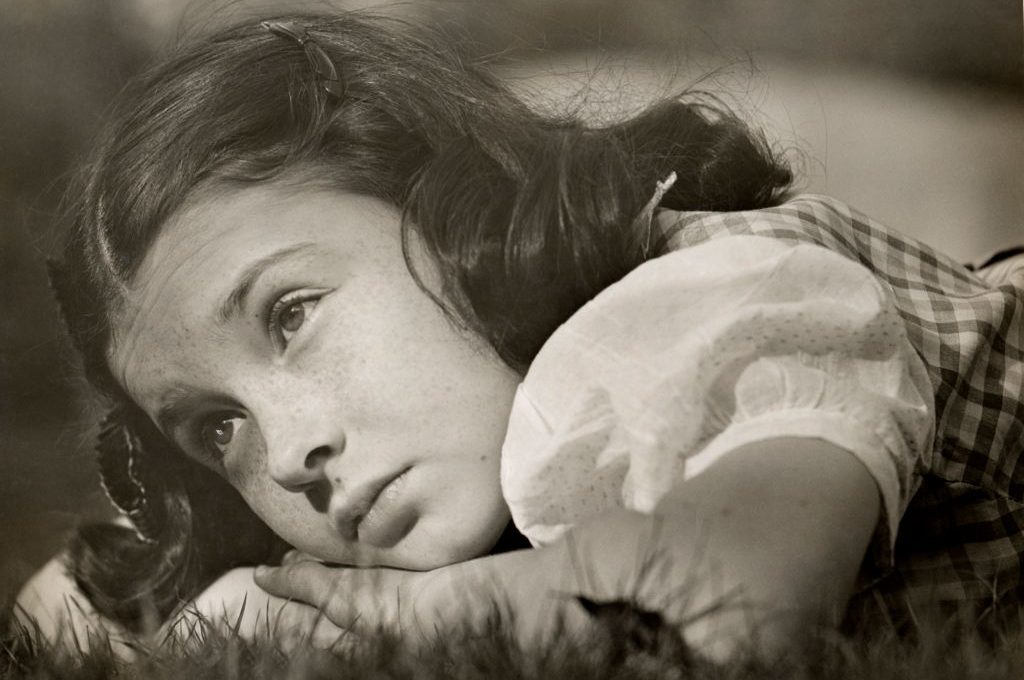If we rule out the notion that people have “gendered souls” at odds with their biological sex — and we do, absolutely, rule that out — then there still has to be some explanation for the unstoppable rise in the numbers of young people who call themselves trans. A survey of high school teachers in England has found that nearly 75 percent say they now have at least one trans student. What’s behind it?
Well here, to celebrate Pride month, is my theory. I’ve spent many terrible rubbernecking evenings in the online trans world and my strong impression is that the whole phenomenon is (among other things) a desperate desire to remain childlike. We’ve scared the kids so much with talk of fascism, racism and the planet’s imminent demise that they just don’t fancy growing up. The eternal puberty of transition, painful as it is, offers them a way out, a way to be looked after for ever.
I owe this thought to Dylan Mulvaney, the social media celeb. Dylan is the trans woman (i.e. man) who was paid to promote Bud Light in what might well be recorded as the most disastrous publicity stunt in marketing history and lost Bud Light 60 percent of their sales in a week. He made his name documenting his transition on TikTok, under the brilliantly aggravating title “Days of Girlhood.” He poses in ladies’ clothing and has real skill with a brow pencil, so it makes perfect sense that he has also been called in to the White House to meet Joe Biden. “I feel very very strongly,” the president told him, “that you should have every single solitary right including use of your gender identity bathrooms in public.”
It’s to Dylan’s credit that terfs like me find it almost impossible not to follow his antics. Terf stands for trans-exclusionary radical feminist, and it’s a weird, almost symbiotic relationship that we angry terfs have with trans activists; a toxic co-dependency. We grind our terfy teeth in fury at Dylan’s parody of “womanhood,” but we stay glued to his social media, and so his popularity grows.
In one clip I saw, Dylan said to camera that “I recently told my parents that I might be a little bit interested in women and that was a big shock for them considering the past ten years of coming out as gay then queer then nonbinary then trans.” Dylan laughed hysterically and I looked at his post-op face, his shaved jawbone and flat Adam’s apple, the expensively softened features, and thought: it’s not a woman that Dylan wants to be so much as a child.
Look at his hunger for attention; the delight in shocking his parents. He’s not twenty-six so much as six. It’s often pointed out that a trans woman’s idea of femininity is an ugly stereotype, all overdone make-up and peachy frills. Dylan does love a party dress. But isn’t that pretty childish too? Girls love sequins and unicorns. Then they grow up.
Women I admire such as Helen Joyce (the author of Trans: When Ideology Meets Reality) will insist that for many men, dressing up, then transitioning, is a sexual fetish, not childish at all. But perhaps it can be both. Andrea Long Chu is an American writer who was compelled to transition, he says, after becoming obsessed with a genre of pornography called “sissy porn” in which straight men are forced into lacy dresses like reluctant seven-year olds. I’m very sorry to bring it up. But this isn’t some backwater of the internet; Chu is mainstream. He just won a Pulitzer for his book containing his thoughts on what it means to be female — and sissy porn, it turns out, is horrifyingly popular.
If I haven’t yet mentioned the girls, it’s only because I think they’re a more obvious case in point. Girls who want to be boys now account for the vast majority of trans kids. Many of them are autistic, almost all suffer from anxiety. But given the ubiquity of violent porn and all the talk of choking and slapping, given the drag-queen aesthetic, is it really any wonder they want to beat a retreat?
All the breast-binding and the mastectomies look to me more like an attempt to back out of puberty than to be masculine. The dream aesthetic for girls who want to transition seems to be Justin Bieber when he was sixteen, but looked ten. In all my scuttling about online I’ve never found a genderqueer teen girl who aims to look like Clint Eastwood.
Last week, for this magazine, I interviewed the American psychologist Jean Twenge. We discussed the depressing state of Gen Z’s mental health and the need to pry the smartphones from their grabby hands. What we didn’t address in that conversation was her “slow life” theory — that each new generation extends childhood and delays the age of responsibility. If teens in the West these days don’t drink, date or have sex as much as previous generations, it’s not because they’re more mature, but because they’re developing later. Today’s sixteen-year-olds aren’t, for the most part, socially or emotionally ready to get smashed or laid.
Twenge says that “a slow life strategy is going to be more likely in a safe environment, where people have fewer children and people live longer and expect to start their own families later and to have their education last longer. And that’s a pretty good description of today’s environment. Overall, I think these trends are a net good. However, parents also need to recognize that older teens in particular need more experience with independence.”
But what if slow life theory is also an explanation for the explosion of trans kids? What if Gen Z has pushed the cult of childhood too far and is simply refusing to grow up? I’m not denying that there are activists who dream of “queering the world,” or that Stonewall isn’t effective. That wouldn’t seem fair to them in this of all months. But it’s possible that what the trans kids really long for is escape.
This article was originally published in The Spectator’s UK magazine. Subscribe to the World edition here.

























